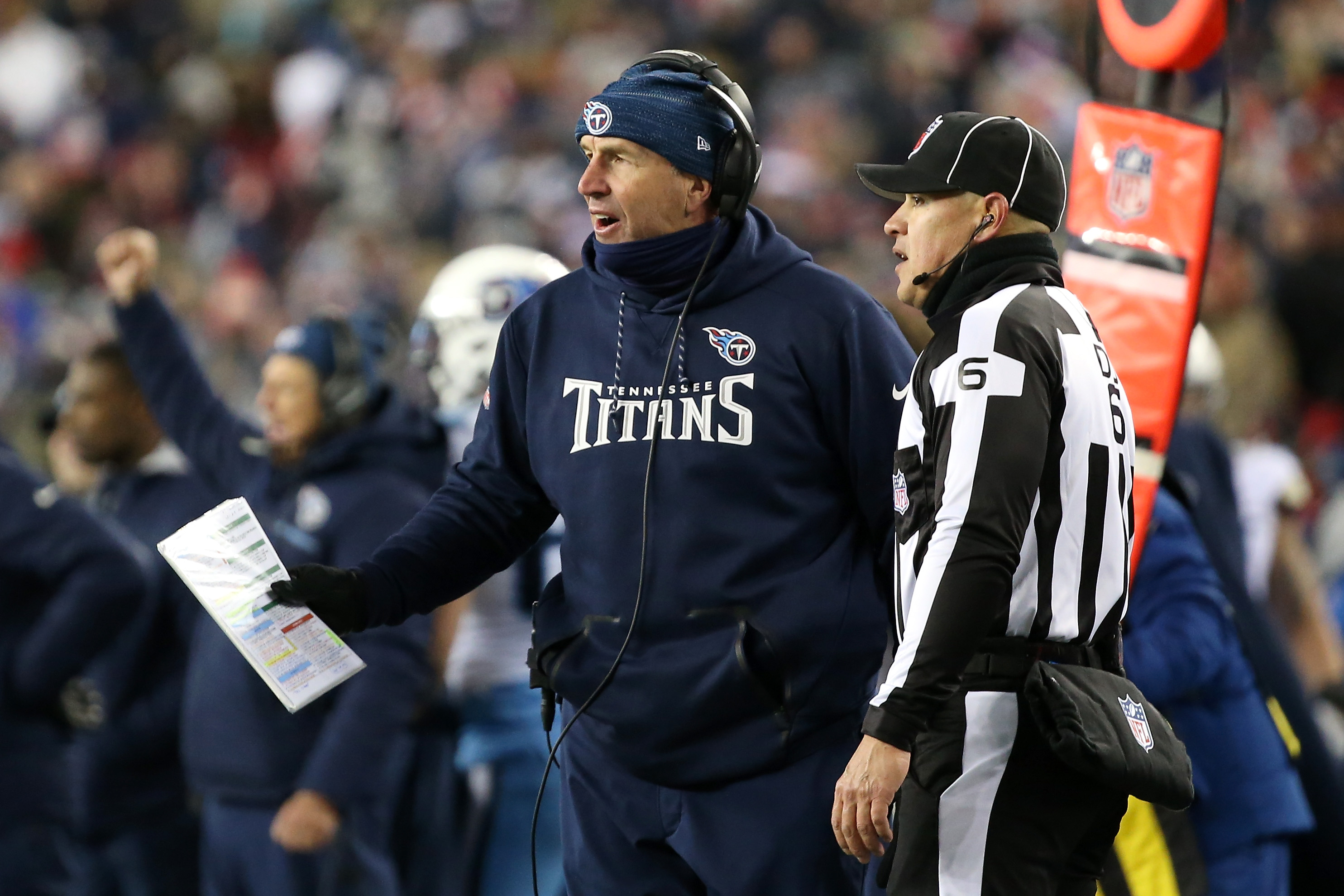When my daughter was born almost 24 years ago, not only did I begin my journey as a first-time parent, I embarked on an odyssey that nobody could have prepared me for.
This little girl with the face and disposition of an angel was born with a devastating condition, diagnosed at two-and-a-half months old with Aicardi Syndrome.
We learned that she would never walk or talk, would have daily seizures and other complex medical conditions, and would likely not live much beyond three years of age.
As her birthday approaches on October 5, that time of the year becomes special: A time of intense reflection, a time of focusing on spiritual and physical nourishment, a time to quiet down the professional calendar to allow space for grieving.
I didn't know it back then, but I came to discover that she was also a warrior; a little girl with the courage and perseverance to fight for her life every day.
The first years of her life were laser-focused on learning more about her rare condition, symptom stabilization, medication adjustments, therapists, and doctor's appointments.

Erin was eligible for early intervention services allowing her to go to school at age three. Given the nature of Erin's disabilities, we chose Rock Creek School.
Rock Creek is a special place in our community as it's part of the public school system and is solely focused on students with severe and profound disabilities.
As such, it is fitted with the needed equipment, teachers, aides, therapists, and educational programming tailored to Erin's needs.
Even though it was clear that Erin would qualify for services, there were many processes to follow, forms to fill out, meetings to attend, and advocacy to undertake to ensure she got the right services in the right setting for her.
For one of those interviews, the social worker came to my home for us to complete Erin's "student profile" card. I was about to learn the power of a well-placed question.
She started by simply asking: "What are Erin's strengths?"
I was speechless. To that point in her life, our time and attention was tilted toward keeping her alive. I had failed to notice these types of things that "normal" moms notice about their children.
I felt ashamed. The social worker was gentle and gave me time to compose myself. She offered to leave the application with me and to come back another day to complete it.
As I spent time with the form, I realized that my experience as mom to Erin was anything but ordinary.
The profound nature of Erin's disabilities meant that there was no playbook. Her condition was so rare that there have only been a few thousand cases globally since it was identified as a condition in the 1960s. Research studies were scant; symptom control was more of an art than science.
Nobody was more of an expert on Erin than herself, me and her dad.
We learned how to support Erin by listening with our whole bodies and figuring it out through her guidance. She was the boss.
Remembering this led to the first strength that I put on the list. This became a seminal moment in my formation as Erin's full-blown mom.
Once I sat down and started to write, I came up with a whole host of her strengths:
• Communicate to us in her way what she needed.
• Turn her head at the sound of her dad's and brother's voices.
• Look lovingly at her family with her deep brown eyes.
• Let us know the foods she liked and what she didn't like.
• Be a warm and inviting presence.
• Demonstrate deep trust and patience (imagine having to wait for someone else to do everything for you).
• Exhibit a strong will to live and the courage to fight for her life every day.
• Show grace in the face of many challenges.
• Inspire hope in all who knew her and even those who only knew of her.
• Make us want to be, and teach us how to be, better human beings.
• Love deeply.
One of the other questions was: "What does she not like?"
For that one, I wrote green beans, loud noises, and having her head touched. This latter one became quite important even though I didn't know it at the time. Erin had such a beautiful head of hair that just called to be touched.
Sharing with her teachers, nurses, and aides to "stay away from the head" became a signature story about Erin and opened space for many others to get to know her and support her as a whole person.
Music plays a central role in my healing along my grief journey. I was introduced to a contemporary composer named Karen Drucker as part of my hospice music comfort group.
One such song, entitled I See Your Light, is an oh-so-simple yet oh-so-beautiful song. In part, it reads:
I see your light,
I see your beauty,
I feel your heart when I see you smile.
You are enough.
You are worthy.
You are loved just as you are.

Erin died in December 2019, at the age of 19, two days after Christmas with her family surrounding her.
She surpassed all expectations. She fought for her life every day. And finally, she communicated in only the way she could, with her eyes, that she was tired.
I chose this song for Erin's funeral service and every time we sing it at hospice, I have to actively manage my emotions just to get through it.
A few weeks ago, the leader of our group turned to me after we had sung it and said: "I know this song means a lot to you and reminds you of Erin. She was not 'just' enough; she was more than enough."
That's the kind of impact Erin had on others. My heart bursts with pride for her in noticing that although there were many things she could not do, she was a full and complete human being who impacted others in ways both mundane and profound.
She was uniquely her. She was indeed more than enough.
And she was, and is, loved just the way she was.
Nikki Moberly is a retired IT executive who spends her time in semi-retirement as an Executive Coach, a Certified Grief Coach, and Leadership Development Facilitator. She is an active hospice volunteer and Chair of the Board of Frederick Health in Frederick, MD.
All views expressed are the author's own.
This essay was produced in partnership with Evermore, a national nonpartisan nonprofit dedicated to making the work a more livable place for all bereaved people.
Do you have a unique experience or personal story to share? See our Reader Submissions Guide and then email the My Turn team at myturn@newsweek.com.




















 English (US) ·
English (US) ·